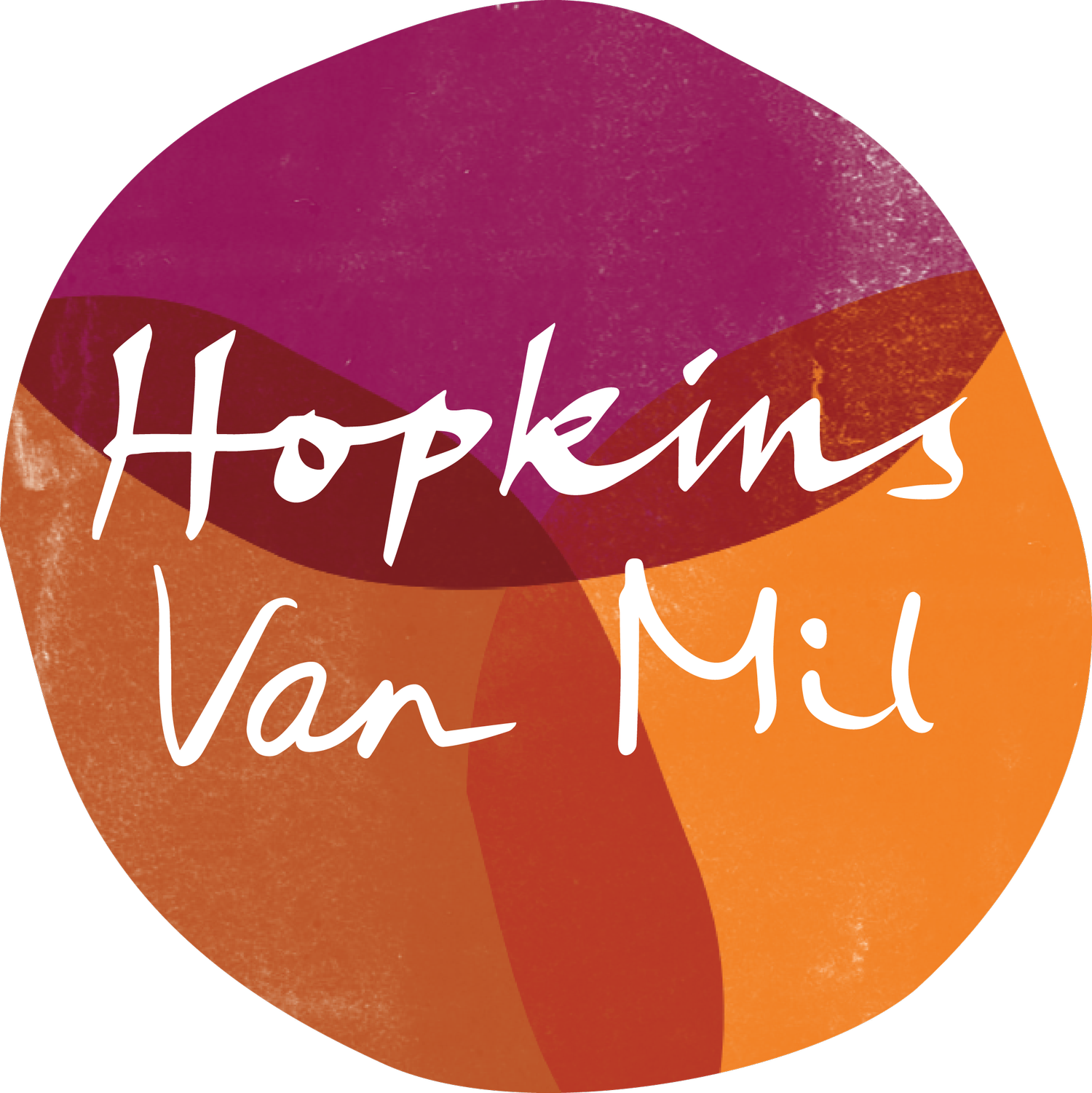Whole Genome Sequencing for seriously ill children in England - a look back to our 2021 public dialogue
Recently the NHS announced that seriously ill babies in England could be diagnosed and start treatment for rare conditions more quickly thanks to the roll-out of a new genetic testing service. Whilst before it might take weeks for a patient to receive a new diagnosis, the new service uses a technique called whole genome sequencing (WGS) to return results faster, potentially in as little as two days.
This news led us at Hopkins Van Mil to look back on the public dialogue we ran in 2021 to explore the implications of WGS for newborn screening.
Our findings and how they relate to the new NHS service
We involved 133 public dialogue participants from across the UK in discussions over several weeks on WGS as a potential tool within the newborn screening programme. Participants are supportive of the use of WGS to identify a wider set of genetic conditions. However, participants believe that the use of this technique is particularly important for those conditions which impact infants in their early childhood and if treatments and interventions to cure, prevent or slow progression of the conditions are available. This is what the new NHS service would aim to achieve by offering a faster route to diagnosis and treatment for those affected patients.
Those involved in the public dialogue see the potential for of WGS, to help people to “avoid horrible diagnostic journeys,” as this participant expanded on:
“Parents of a child who had an illness would be able to cut the waiting game out and go straight to the source of getting the proper tests done that are required, rather than going through all these different tests. It would give them an indication of what was wrong at a very early stage. That to me made me think, if you had a child that was unwell, you wouldn't want to go down that journey. You would want to get the information as quick as possible.” Participant, Scotland (report, p.40)
The wider implications
Dialogue participants considered WGS for newborn screening from two perspectives:
1. Implications for using WGS as a technology in addition to or to replace some parts of the current NHS newborn screening programme
2. Implications of the potential novel or alternative use of WGS in newborns – going beyond traditional screening and exploring different purposes.
In these considerations participants see that WGS cannot be discussed without thinking about the wider implications, which they see as being highly significant for individuals, families, the NHS and indeed the whole of society. For example:
· Pilot the use of WGS for newborn screening to give due consideration to the immediate and wider implications before national roll-out
· Ensuring support for individuals and families is embedded throughout the system
· Prepare for a prevention focused approach to health requiring re-training NHS staff
· Ensuring that a two-tier system of health care isn’t created as an unintended consequence
· Future proofing the technology and the legislation and governance which safeguards its use
All of which will require appropriate resources and investment to ensure opportunities are maximised and harms minimised.

